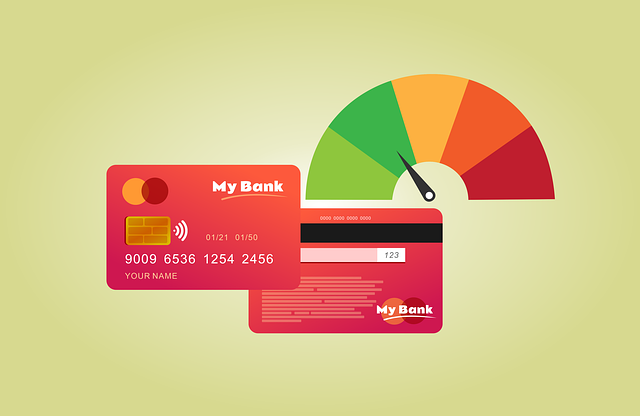Texas title loan default consequences include vehicle collateral loss, higher interest rates, and increased lender costs. Borrowers can avoid these by building emergency funds, refinancing, or using title pawn services. Quick action, like negotiating terms or transferring titles, offers better outcomes for both parties.
In Texas, understanding the default consequences of a title loan is paramount for both lenders and borrowers. This article delves into the intricate implications of defaulting on these loans, exploring how it affects financial institutions and individuals alike. We dissect the current landscape, highlighting the challenges faced by Texans entangled in these agreements. Furthermore, we present viable strategies to mitigate risks and offer borrower relief options within the state, emphasizing the importance of awareness and proactive measures regarding Texas title loan default consequences.
- Understanding Default Consequences on Texas Title Loans
- How Default Impacts Lenders and Borrowers in Texas
- Mitigating Risks: Options for Borrower Relief in Texas
Understanding Default Consequences on Texas Title Loans

When it comes to Texas title loans, understanding the default consequences is crucial for borrowers. A default occurs when a borrower fails to repay the loan according to the agreed-upon terms, which can include missing payments or failing to meet the required schedule. The primary consequence of a default on a Texas title loan is the loss of the collateral—typically a vehicle—that secured the loan. This means that if you fail to make your payments, the lender has the right to repossess your vehicle.
Additionally, defaulting on a Texas title loan can lead to significant financial strain. Interest rates for these loans are generally higher than those of traditional bank loans, and failure to repay can result in accruing even more debt. Borrowers might also face additional fees and penalties, which can make it harder to regain control of their finances. To avoid these Texas title loan default consequences, borrowers should consider building emergency funds and exploring options like loan refinancing or title pawn services as a last resort.
How Default Impacts Lenders and Borrowers in Texas

When a borrower defaults on a Texas title loan, both lenders and borrowers face significant impacts. For lenders, defaulting loans can lead to financial losses, as they must recoup the full loan amount plus interest. This is particularly concerning in Texas, where truck title loans and Dallas title loans are common, as it puts pressure on lending institutions to be more stringent with their loan requirements and risk assessment. Lenders may also incur additional costs for collection efforts and legal proceedings against defaulting borrowers.
For borrowers, default consequences can result in the loss of their vehicle—the collateral for the loan. This not only ends their ability to use the vehicle but can also have broader implications, such as impacting their daily commute or business operations (especially for those relying on trucks). Furthermore, late fees and penalties can accumulate, increasing the overall debt burden. The default process can be a challenging and stressful experience for borrowers, potentially leading to a cycle of financial strain if not managed properly.
Mitigating Risks: Options for Borrower Relief in Texas

In Texas, when a borrower defaults on a title loan, it can have significant financial implications. However, there are options available to mitigate these risks and offer relief to borrowers who find themselves unable to repay their loans. One avenue is to explore loan extension or modification with the lender. This process allows borrowers to negotiate new terms, potentially reducing monthly payments or extending the loan period, thus easing the immediate financial burden.
Another strategy is to consider a title transfer as a means of restructuring the debt. This involves transferring ownership of the secured asset (in this case, the vehicle) to another party, who then assumes the remaining loan balance. This option can provide borrowers with a fresh start while ensuring the lender still recovers a portion of their investment. It’s crucial for borrowers facing default to educate themselves about these alternatives and act swiftly, as prompt action may lead to more favorable outcomes in managing Texas title loan default consequences.
The default consequences on Texas title loans are a critical aspect that both lenders and borrowers should understand. By comprehending these impacts, individuals can make more informed decisions and explore options for borrower relief. Mitigating risks associated with defaults is essential to ensure a fair and sustainable lending environment in Texas. Awareness of these consequences empowers both parties to navigate the complexities of title loans responsibly.






